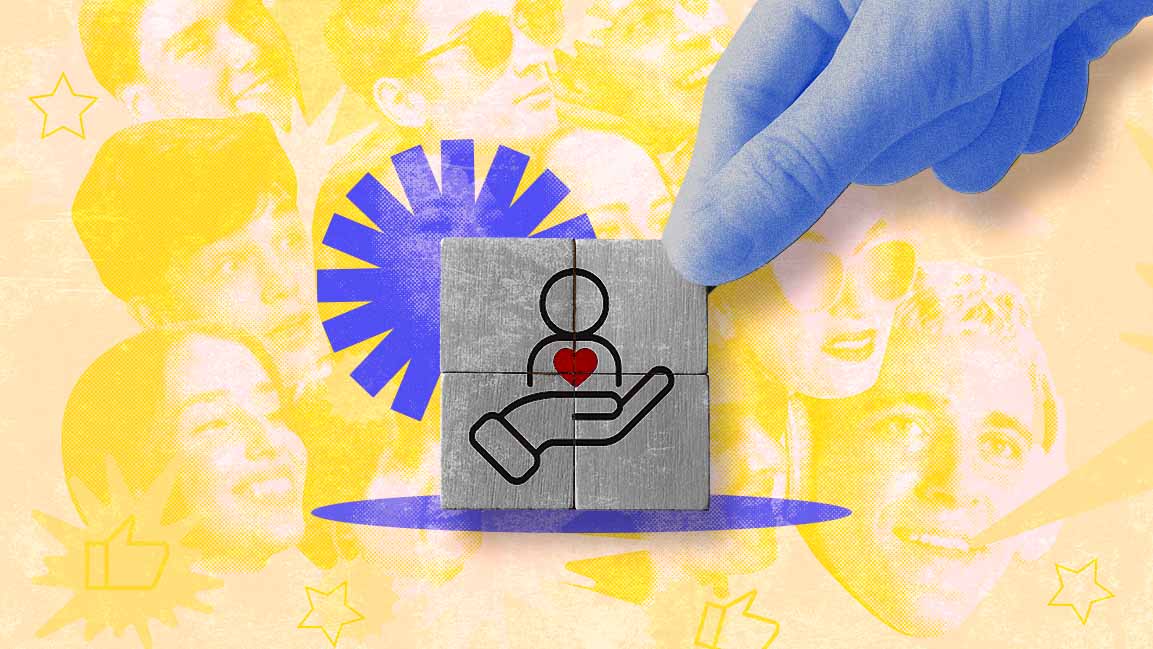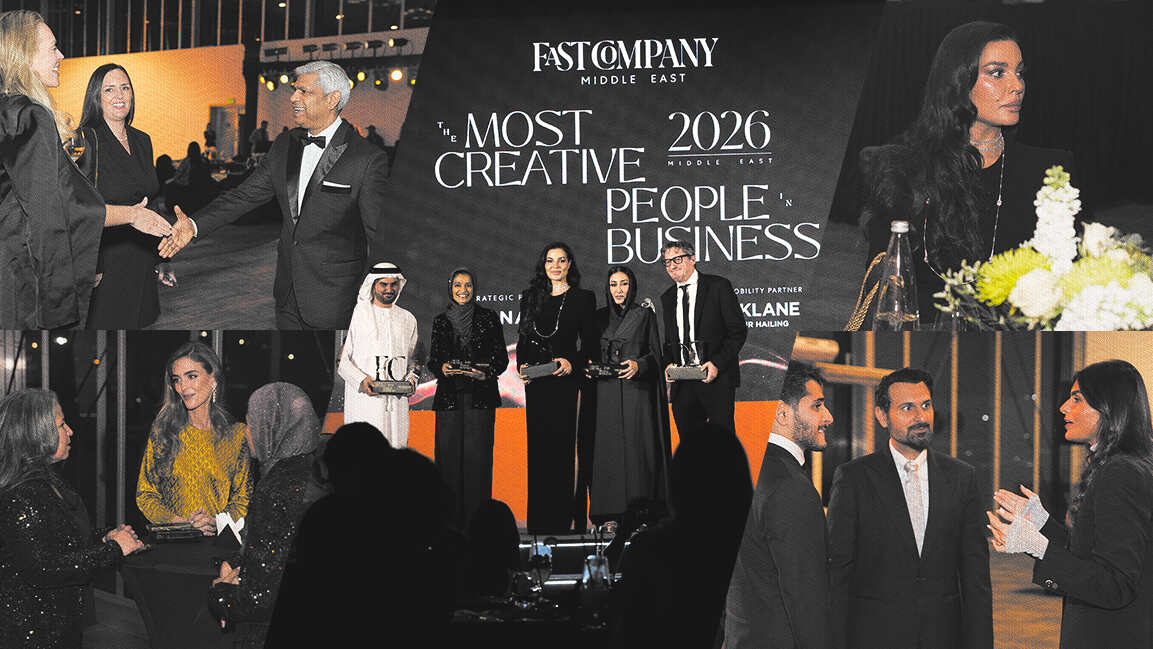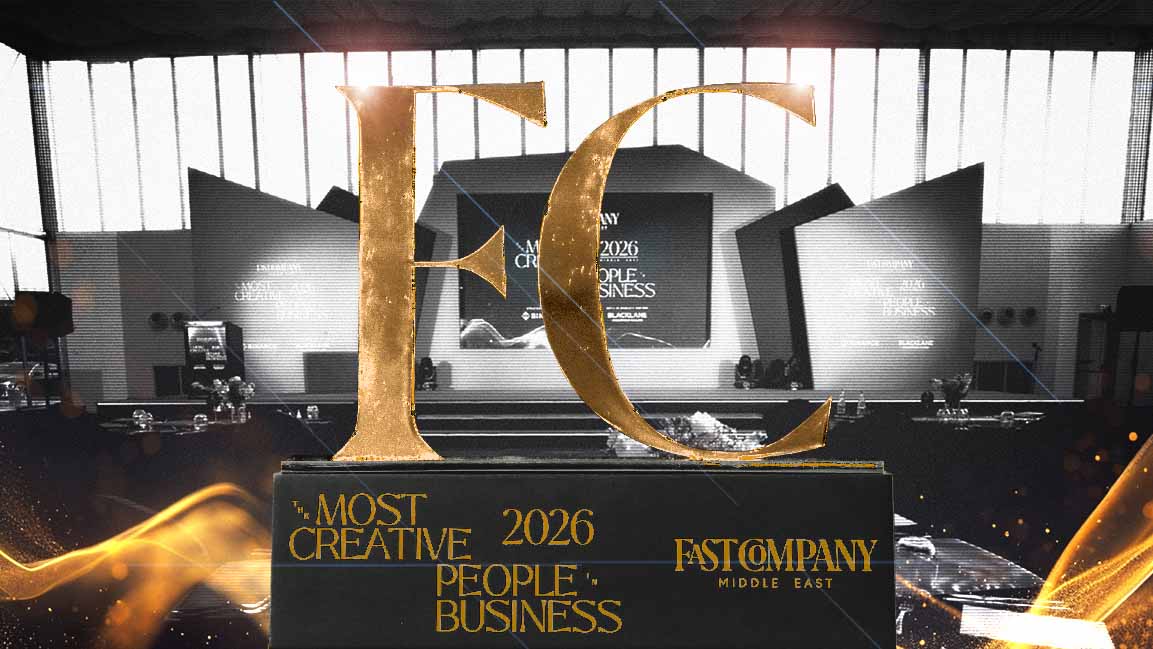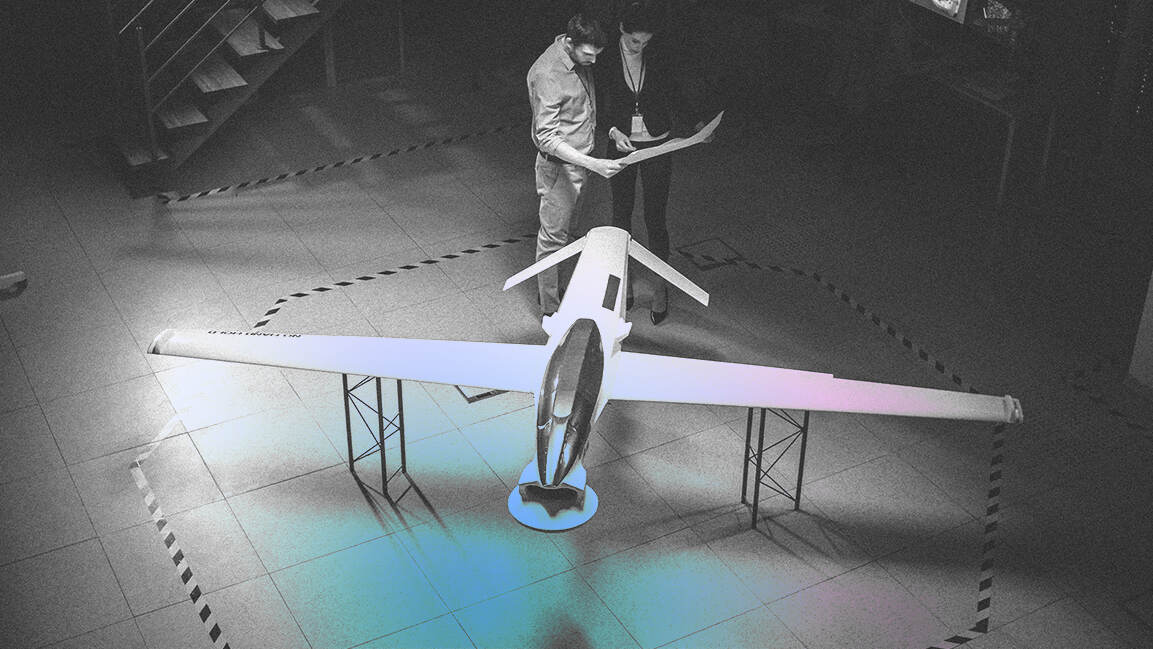- | 10:00 am
How do you lead innovation? Focus on talent and culture
According to the past winners of Most Innovative Companies, talent, risk-taking, and creativity are key to innovation.

The business world is undergoing rapid transformation. Companies are navigating a complex environment with increasing pressures for sustainability, technological advancement, and creating innovative products and services.
Innovation is the most important force in our economy, the one thing we must get right or be left behind. However, while innovation is widely recognized as a competitive advantage, sustaining it poses significant challenges. Many organizations struggle to scale innovative concepts or identify future breakthroughs.
We talked to some of the winners of Fast Company Middle East’s Most Innovative Companies to understand their success, what innovation means, and identify their primary drivers.
CREATING VALUE, NEW BUSINESS MODELS
“Innovation involves rethinking traditional methods and creating a platform that enhances the efficiency of recycling processes and promotes a global circular economy,” says Maryam Al Mansoori, Founder and General Manager of Rebound.
For Al Mansoori, innovation extends beyond creating new products and services—it involves improving processes, enhancing customer experiences, adopting new business models, and leveraging cutting-edge technologies.
“Innovation means creating value in ways that fundamentally change how the company operates and interacts with its ecosystem. It involves continuous learning, adapting to market changes, and proactively addressing challenges with creative solutions.”
For others, it means staying updated with cultural trends and technological advancements. “Innovation is about predicting trends, aligning with cultural shifts, and ensuring our brands are relevant in this ever-evolving landscape,” says Romy Abdelnour, Head of Communications at TBWA\RAAD. “Ultimately, it’s about making a positive impact and being a change-maker in the industry.”
Nicolas Soucaille, General Manager of Blacklane ME, a global chauffeur service, links innovation to his organization’s values. “While we are always trying to uncover new ways to elevate our business to a higher level, we are also conscious of how important it is to look after our people–be it our guests, chauffeurs or employees.”
Identifying three primary obstacles to innovation — short-termism, shortsightedness, and lethargic execution, Jennifer Fischer, Chief Innovation & Growth Officer at Publicis Groupe Middle East, says these corporate ailments are rooted in outdated systems and habits. True innovation, according to Fischer, demands a relentless battle.
“Innovative leaders don’t just recognize these adversaries. They actively wage war against them. They understand that beneath innovation’s glossy veneer is a grueling daily battle against the status quo, fear, complacency, bureaucracy, and lethargy.”
THE KEY TO INNOVATION
According to Abdelnour, the key to innovation is adopting an “always in beta” mindset and embracing a sense of restlessness. “Our culture is defined by this restlessness—we continuously experiment with new initiatives, some of which succeed while others do not. We don’t dwell on setbacks. Instead, we maintain a relentless pursuit of improvement.”
Soucaille warns against pursuing innovation for innovation’s sake. “This means that innovation should benefit the environment we operate in. So it’s not always about the big, splashy ideas but often the little things.”
When making innovation happen, people are more important than ideas. In an interconnected world, innovation is not the work of one individual but rather the work of teams, often collaborating with partners, suppliers, and customers.
Talent has become increasingly prized. They are sought after for innovation in products and services, which is the largest component in driving economic growth.
“But talent doesn’t just waltz in. It’s lured by a compelling vision and culture. It’s part of something grander,” Fischer says, adding that attracting top-tier talent is impossible without the right culture and that culture and talent are interdependent.
Several key elements characterize a company culture that fosters innovation, and it includes encouraging creativity and risk-taking, allowing employees to experiment without fearing failure, promoting open communication and collaboration at all levels, breaking down silos, and fostering a shared purpose, says Al Mansouri.
Innovative companies also support continuous learning and professional development, providing employees with the latest knowledge and tools. Additionally, they value diversity and inclusion, recognizing that varied perspectives lead to more innovative solutions.
LEVERAGING TECH AND SUSTAINABILITY
Digital transformation and AI are rapidly reshaping the Middle East workplace. According to PwC’s 2024 Middle East Workforce Hopes and Fears Survey, 63% of employees anticipate a significant impact from technological changes on their jobs in the next three years. Additionally, 81% of employees have used Gen AI in the past 12 months, with 25% using it regularly.
Al Mansoori identifies tech as one of the primary emerging trends poised to shape the future of organizational innovation.“Digital transformation, driven by technologies like AI, machine learning, and blockchain, is at the forefront, enabling more efficient and intelligent operations.”
She also noted that sustainability is becoming a critical focus, with companies innovating to reduce their environmental impact and adopt circular economy principles. Additionally, remote work and hybrid models transform team collaboration and foster innovation.
“Lastly,” she adds, “a growing emphasis on data-driven decision-making is allowing organizations to leverage big data and analytics to drive strategic innovation and stay competitive in a rapidly evolving market.”
Similarly, Abdelnour notes that her organization enhances customer experiences through technology, AI, and cloud solutions. However, she stresses that delivering impactful innovation goes beyond these emerging technologies.
“Innovation permeates every aspect of an organization, particularly the workplace. Companies must innovate in their operating models, evolve their cultures, and prioritize their people—their most valuable assets.”







































